Panchakarma Ayurveda Retreats
Insiders tips
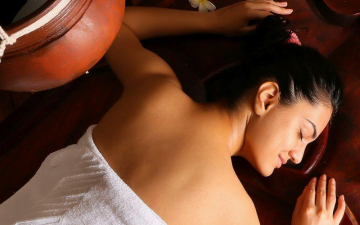
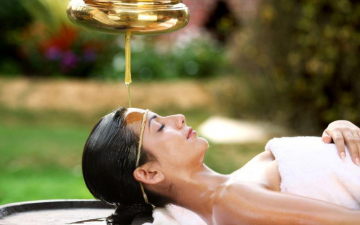
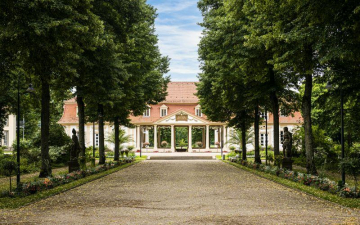
Discover all our Panchakarma holidays
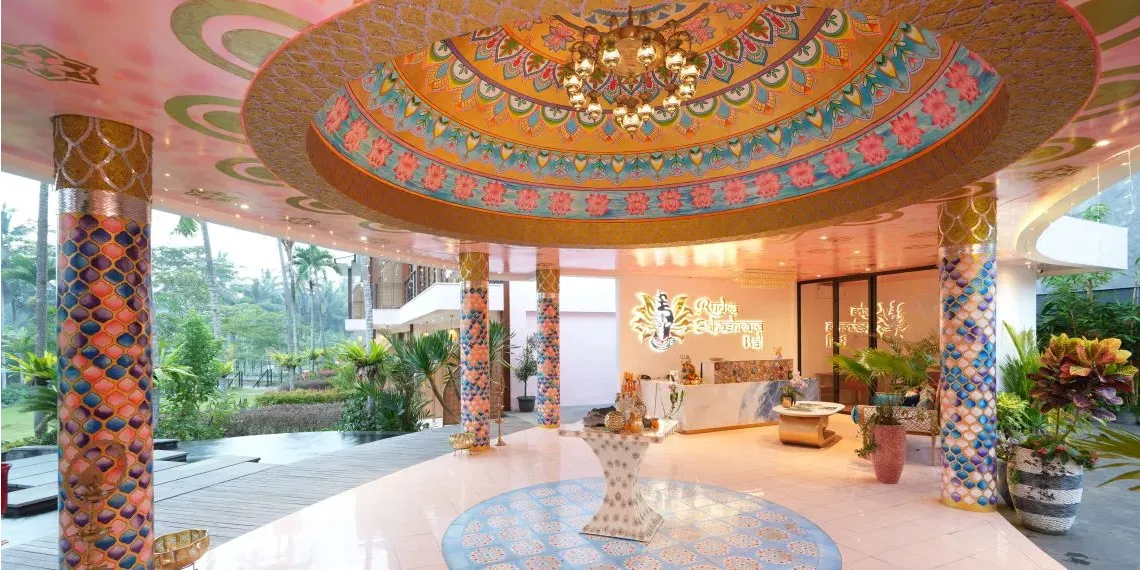
Experience the healing power of Ayurveda with a personalised treatment plan tailored to your unique doshas. Daily therapies, customised nutrition and yoga restore deep balance, cleanse the body and rejuvenate body and mind
Panchakarma is Ayurveda’s classic purification therapy. Through five deep-cleansing treatments, the body releases toxins, promoting physical lightness, mental clarity, and a renewed sense of balance from within
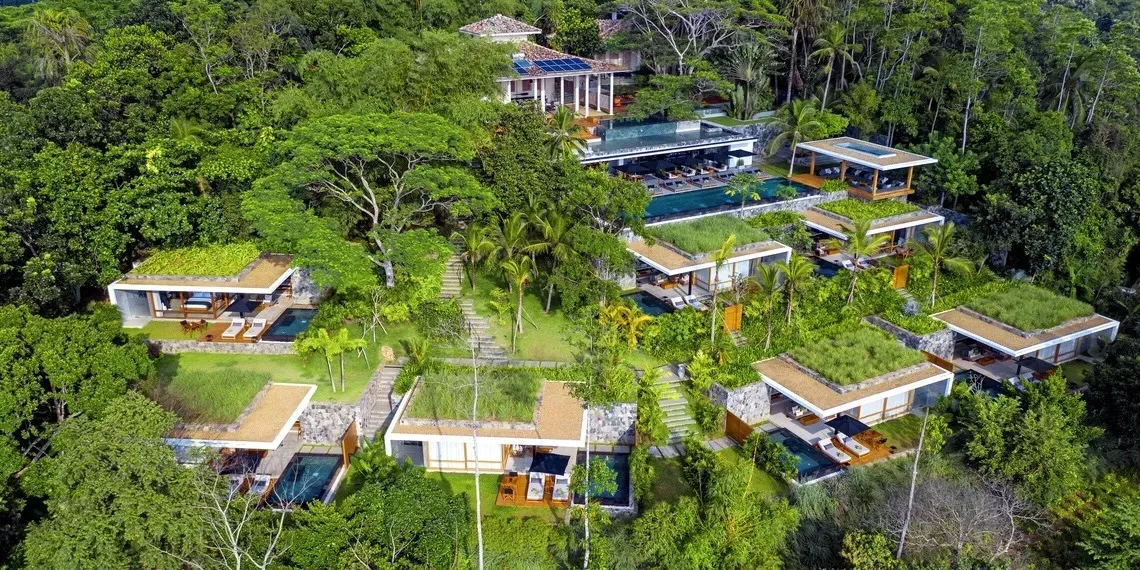
Experience the healing power of Ayurveda with a personalised treatment plan tailored to your unique doshas. Daily therapies, customised nutrition and yoga restore deep balance, cleanse the body and rejuvenate body and mind
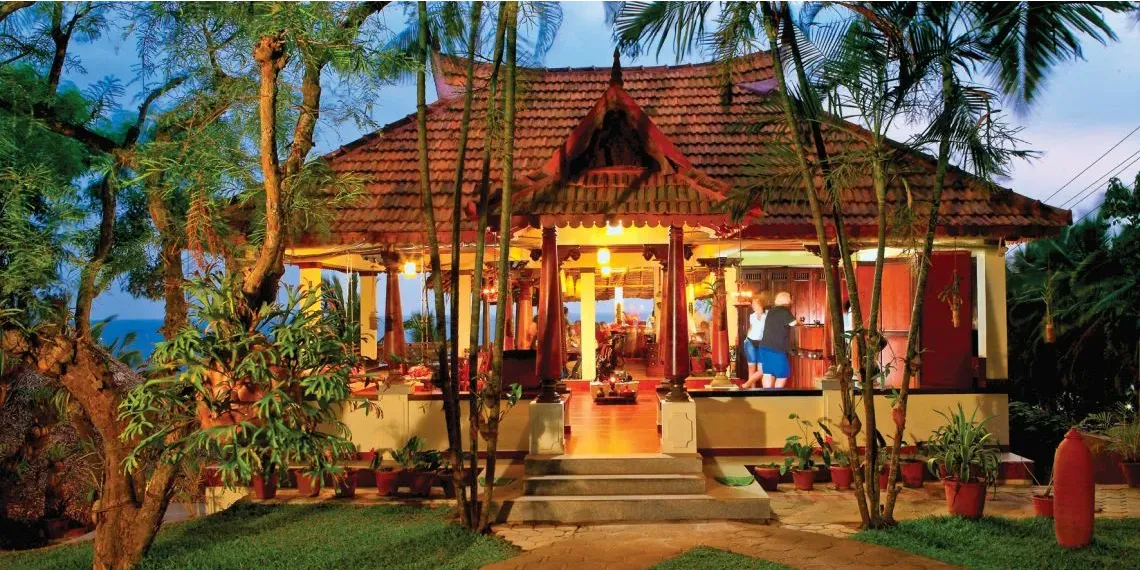
Panchakarma is Ayurveda’s classic purification therapy. Through five deep-cleansing treatments, the body releases toxins, promoting physical lightness, mental clarity, and a renewed sense of balance from within
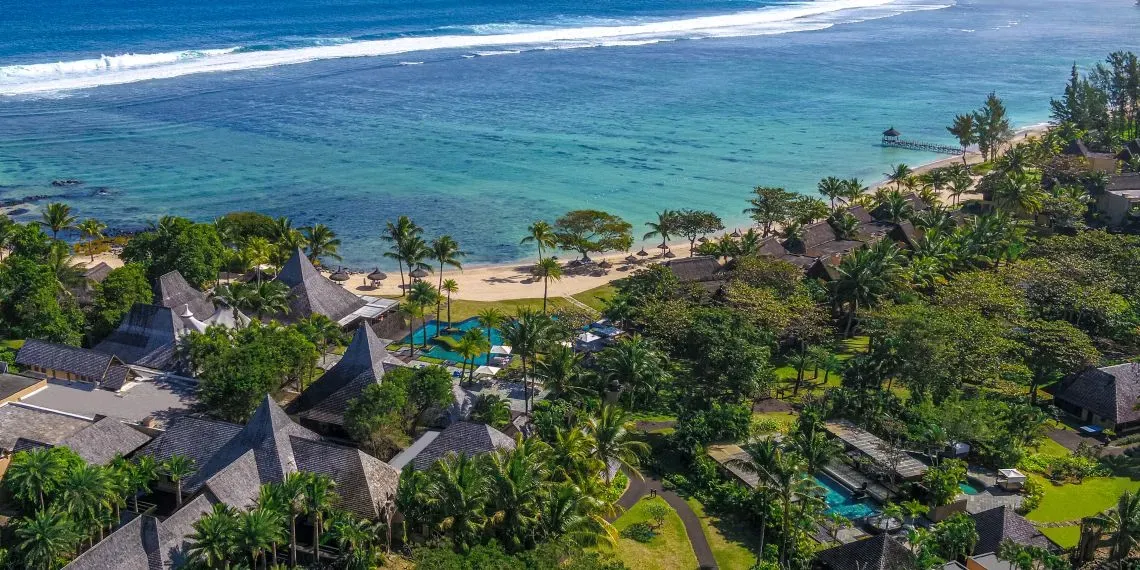
Experience the healing power of Ayurveda with a personalised treatment plan tailored to your unique doshas. Daily therapies, customised nutrition and yoga restore deep balance, cleanse the body and rejuvenate body and mind
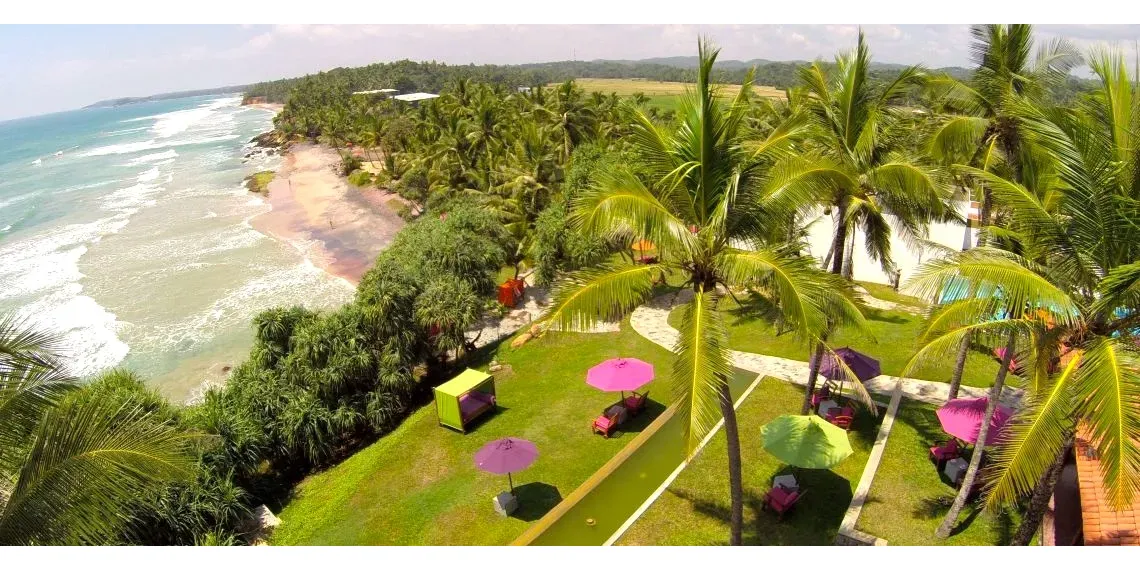
Panchakarma is Ayurveda’s classic purification therapy. Through five deep-cleansing treatments, the body releases toxins, promoting physical lightness, mental clarity, and a renewed sense of balance from within
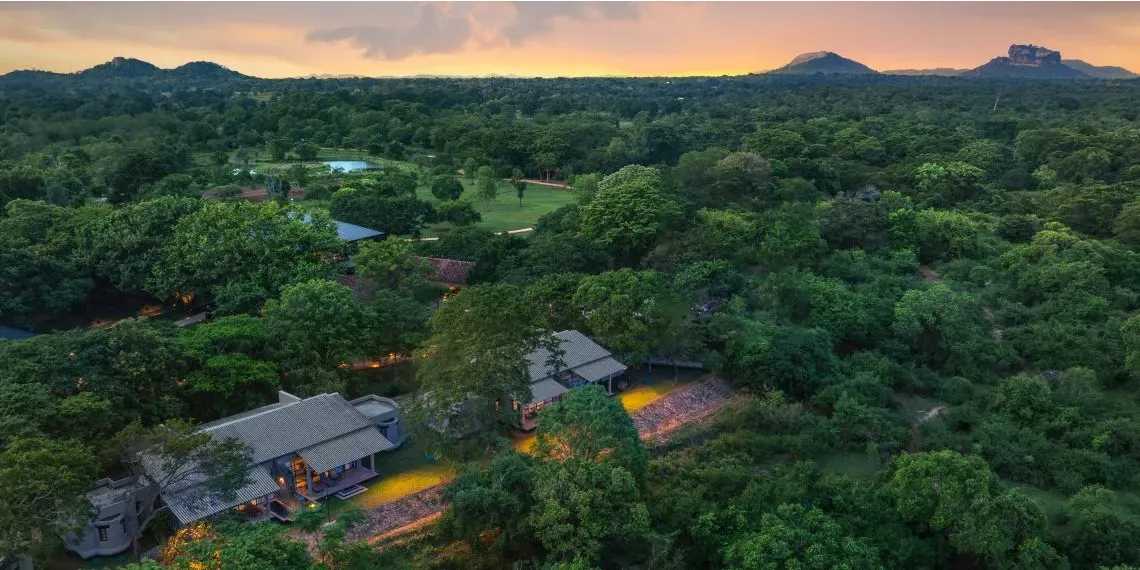
Experience the healing power of Ayurveda with a personalised treatment plan tailored to your unique doshas. Daily therapies, customised nutrition and yoga restore deep balance, cleanse the body and rejuvenate body and mind
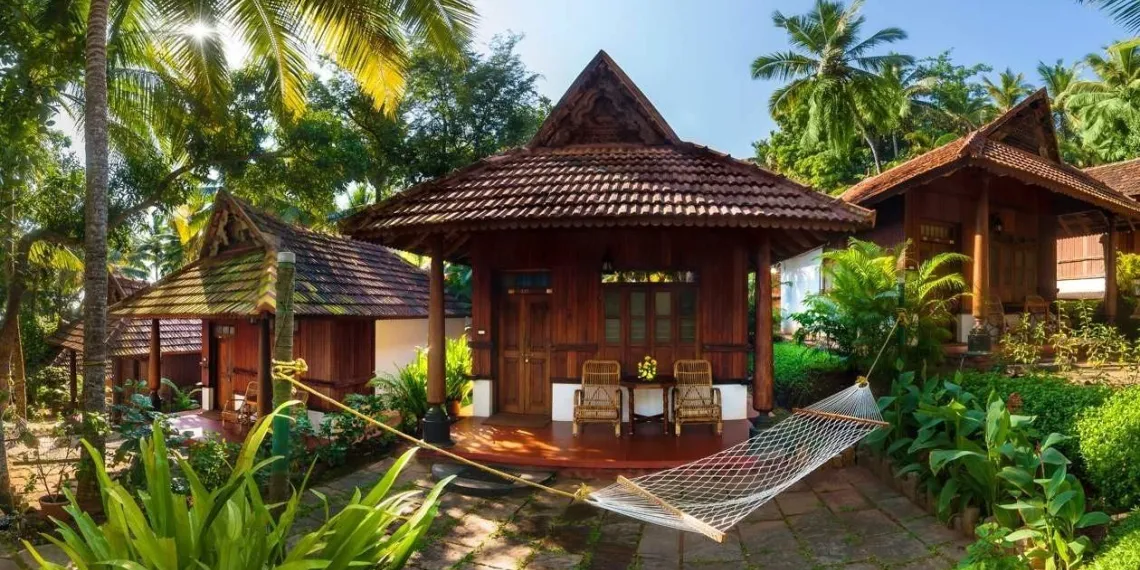
Panchakarma is Ayurveda’s classic purification therapy. Through five deep-cleansing treatments, the body releases toxins, promoting physical lightness, mental clarity, and a renewed sense of balance from within
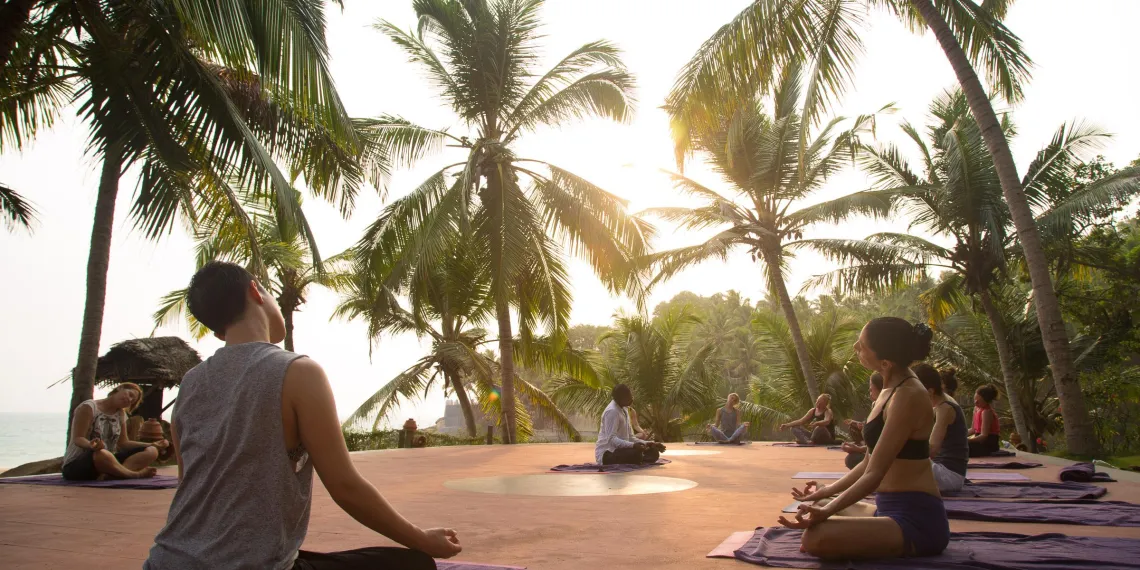
Panchakarma is Ayurveda’s classic purification therapy. Through five deep-cleansing treatments, the body releases toxins, promoting physical lightness, mental clarity, and a renewed sense of balance from within
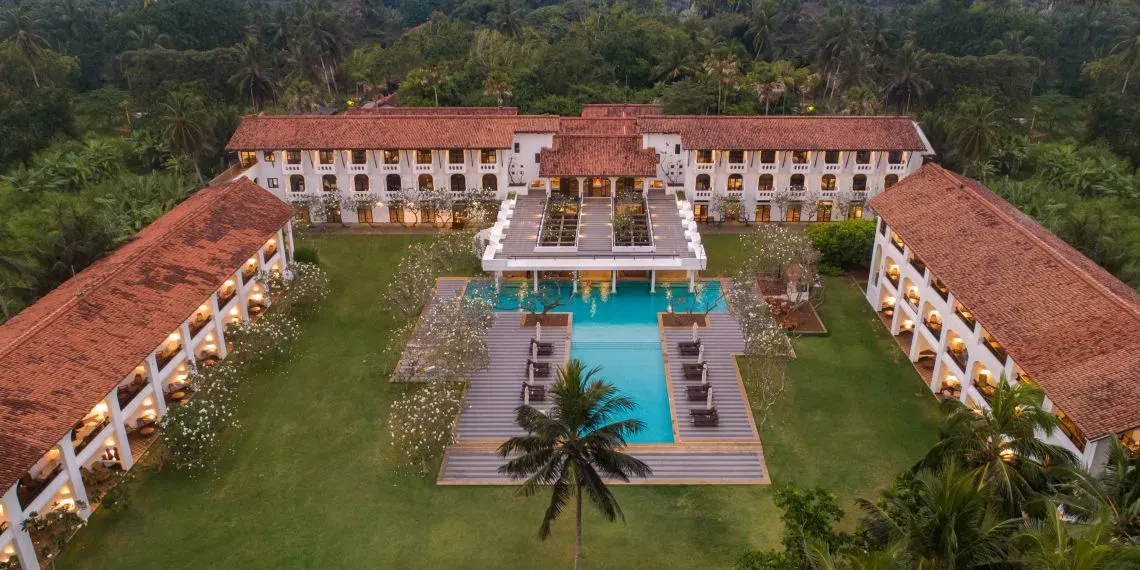
Panchakarma is Ayurveda’s classic purification therapy. Through five deep-cleansing treatments, the body releases toxins, promoting physical lightness, mental clarity, and a renewed sense of balance from within
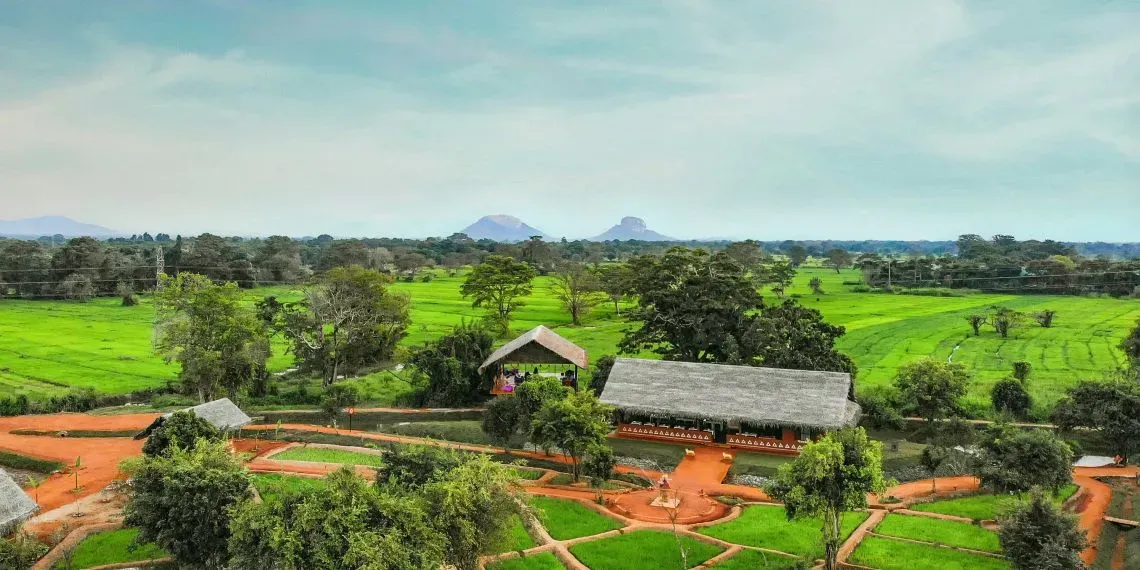
Panchakarma is Ayurveda’s classic purification therapy. Through five deep-cleansing treatments, the body releases toxins, promoting physical lightness, mental clarity, and a renewed sense of balance from within
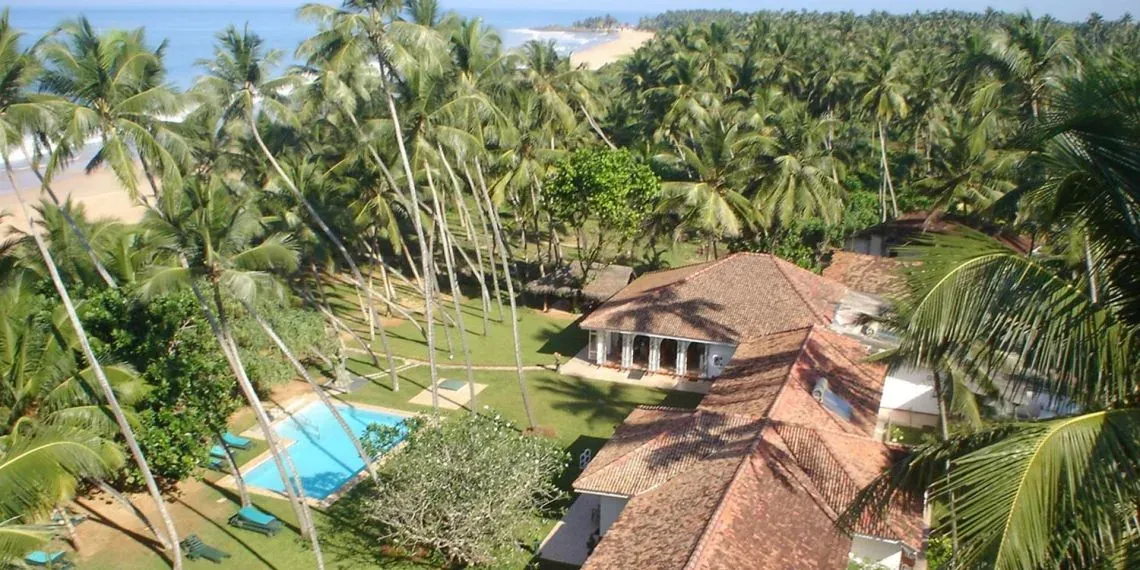
Experience the healing power of Ayurveda with a personalised treatment plan tailored to your unique doshas. Daily therapies, customised nutrition and yoga restore deep balance, cleanse the body and rejuvenate body and mind
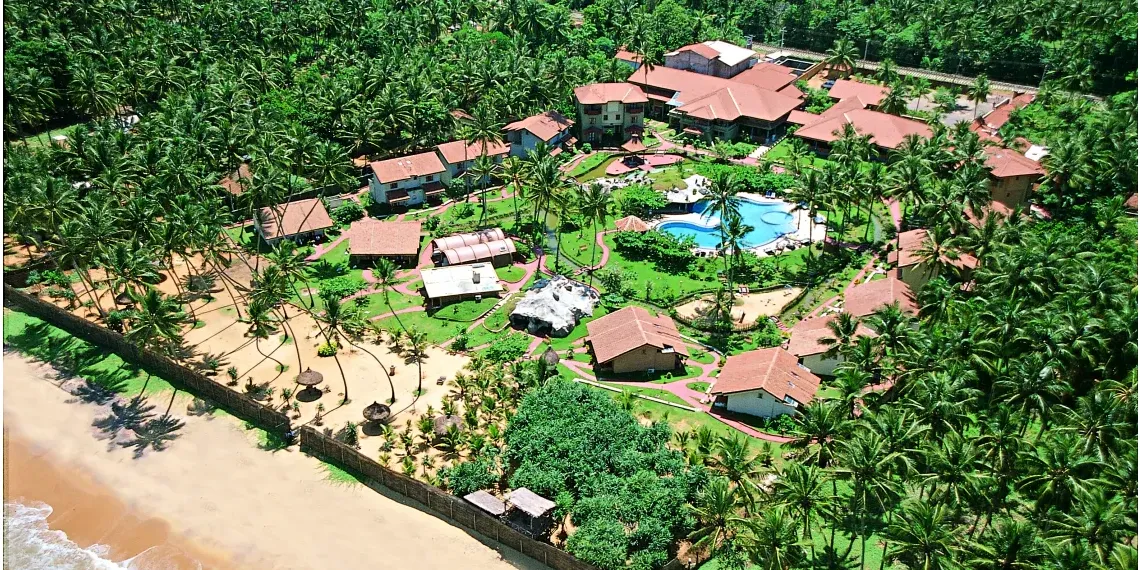
Panchakarma is Ayurveda’s classic purification therapy. Through five deep-cleansing treatments, the body releases toxins, promoting physical lightness, mental clarity, and a renewed sense of balance from within
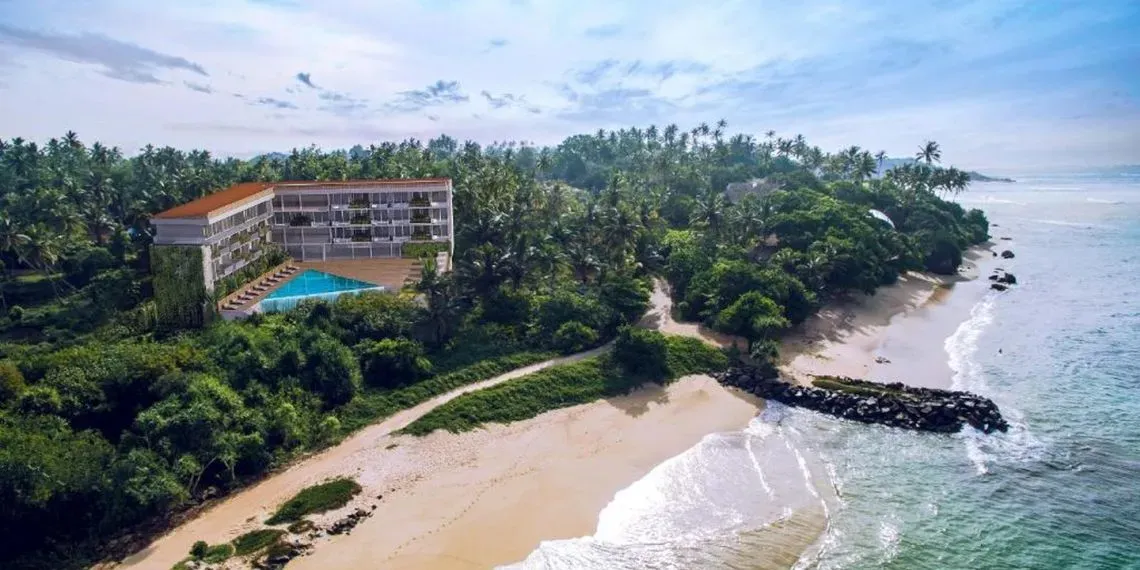
Panchakarma is Ayurveda’s classic purification therapy. Through five deep-cleansing treatments, the body releases toxins, promoting physical lightness, mental clarity, and a renewed sense of balance from within
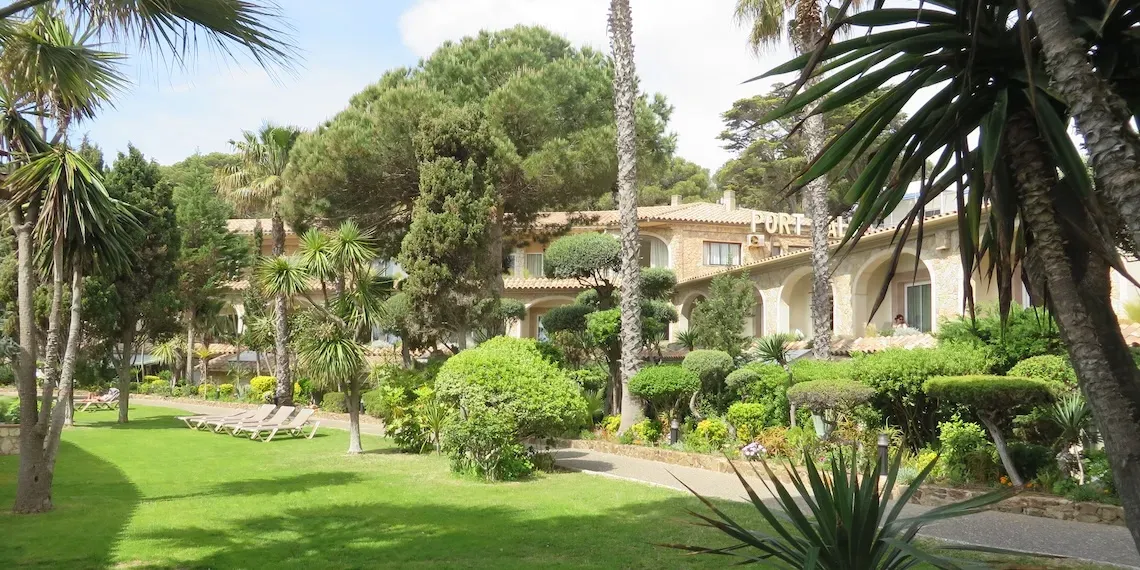
Panchakarma is Ayurveda’s classic purification therapy. Through five deep-cleansing treatments, the body releases toxins, promoting physical lightness, mental clarity, and a renewed sense of balance from within
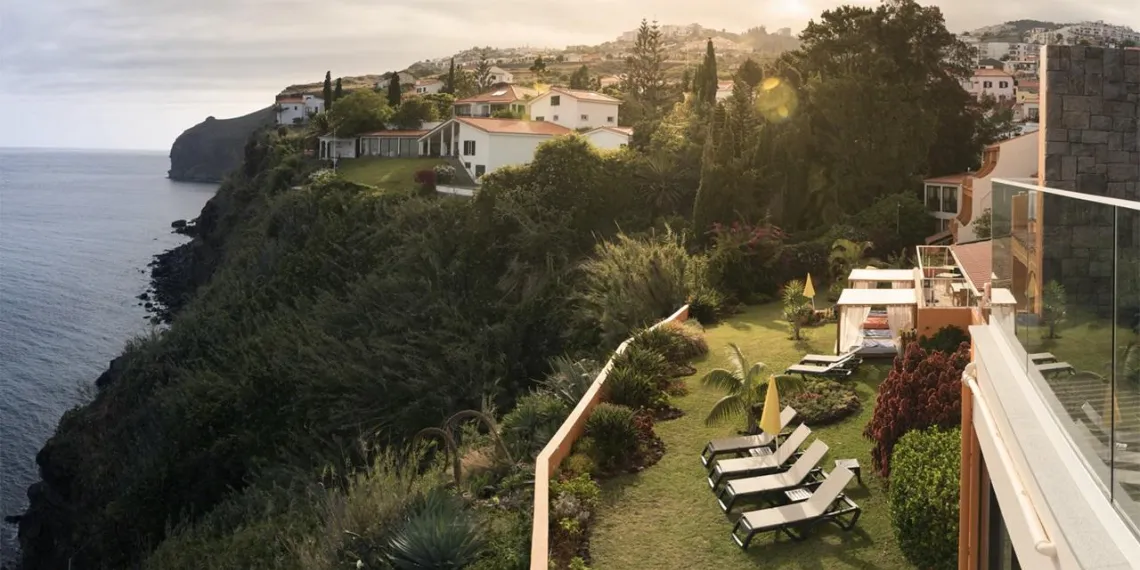
Panchakarma is Ayurveda’s classic purification therapy. Through five deep-cleansing treatments, the body releases toxins, promoting physical lightness, mental clarity, and a renewed sense of balance from within

Panchakarma is Ayurveda’s classic purification therapy. Through five deep-cleansing treatments, the body releases toxins, promoting physical lightness, mental clarity, and a renewed sense of balance from within
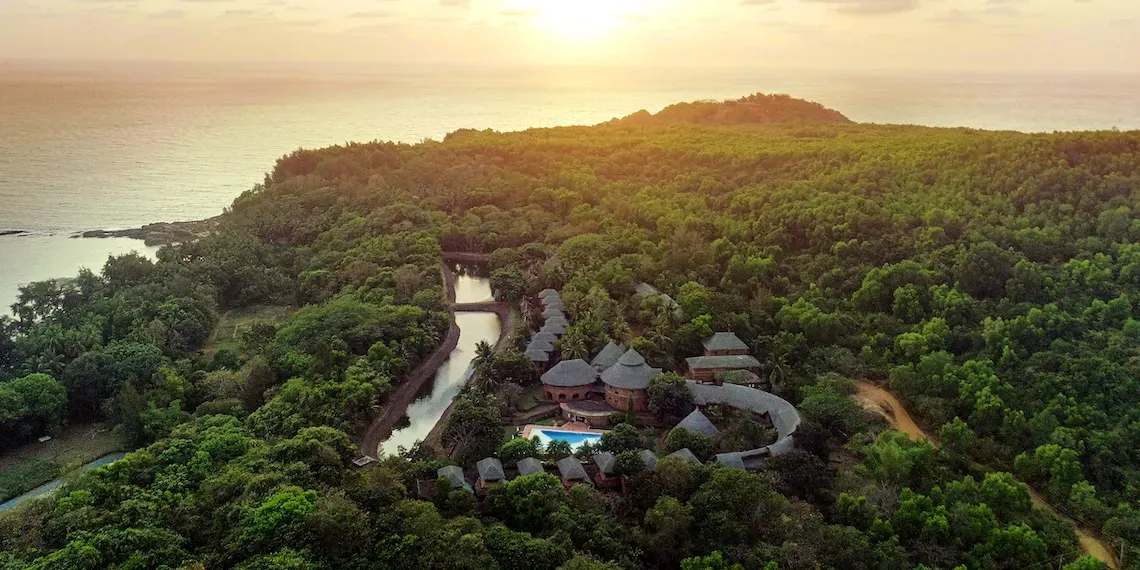
Panchakarma supports deep internal cleansing, ideal for those seeking full reset, improved vitality and tailored Ayurvedic guidance throughout an intensive healing process.
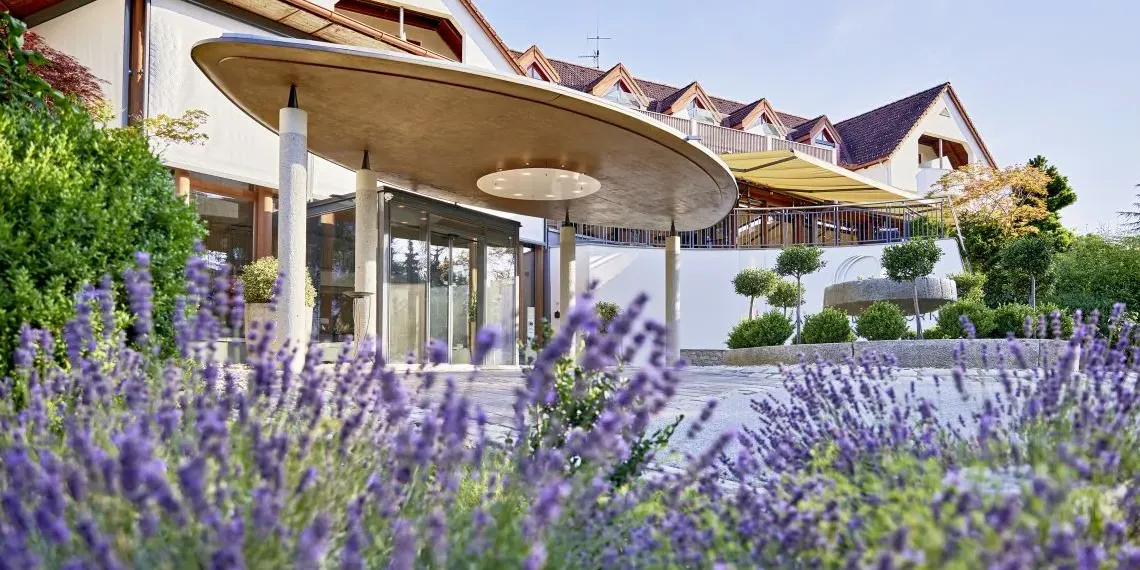
Panchakarma is Ayurveda’s classic purification therapy. Through five deep-cleansing treatments, the body releases toxins, promoting physical lightness, mental clarity, and a renewed sense of balance from within
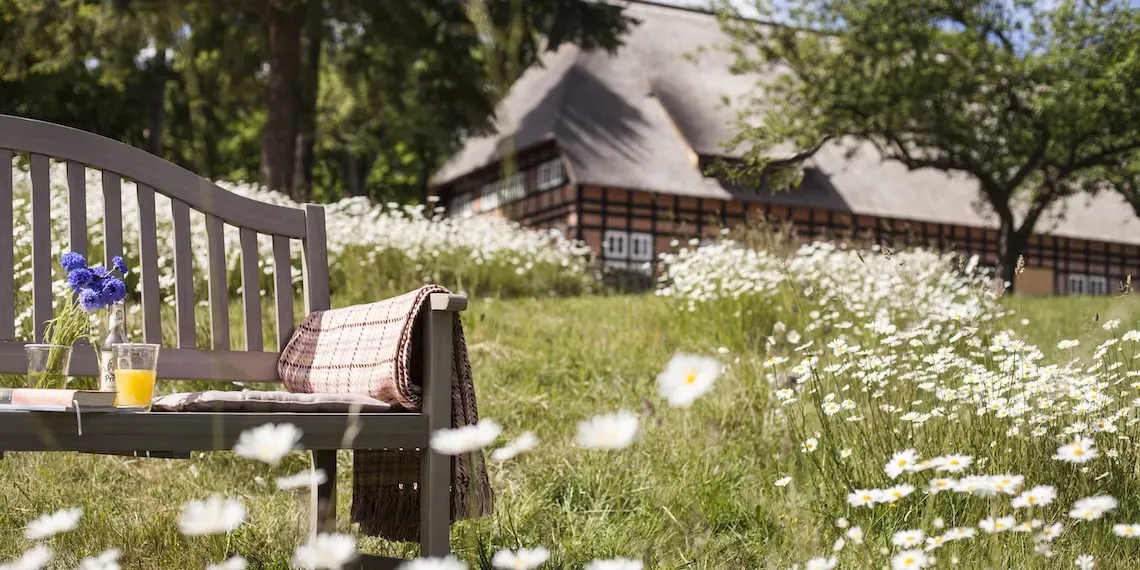
Panchakarma is Ayurveda’s classic purification therapy. Through five deep-cleansing treatments, the body releases toxins, promoting physical lightness, mental clarity, and a renewed sense of balance from within
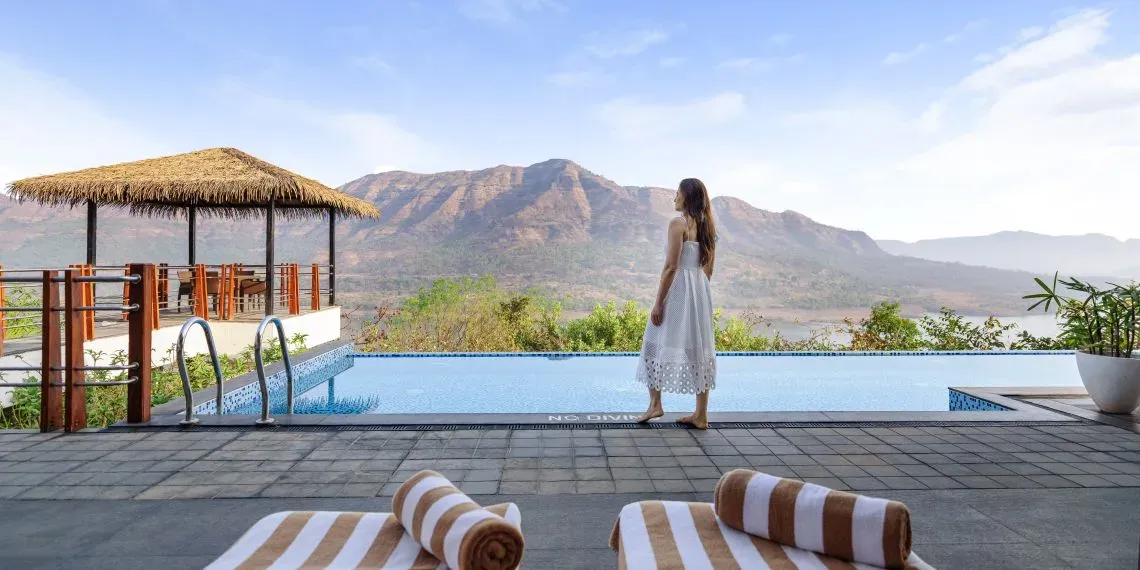
Panchakarma is Ayurveda’s classic purification therapy. Through five deep-cleansing treatments, the body releases toxins, promoting physical lightness, mental clarity, and a renewed sense of balance from within
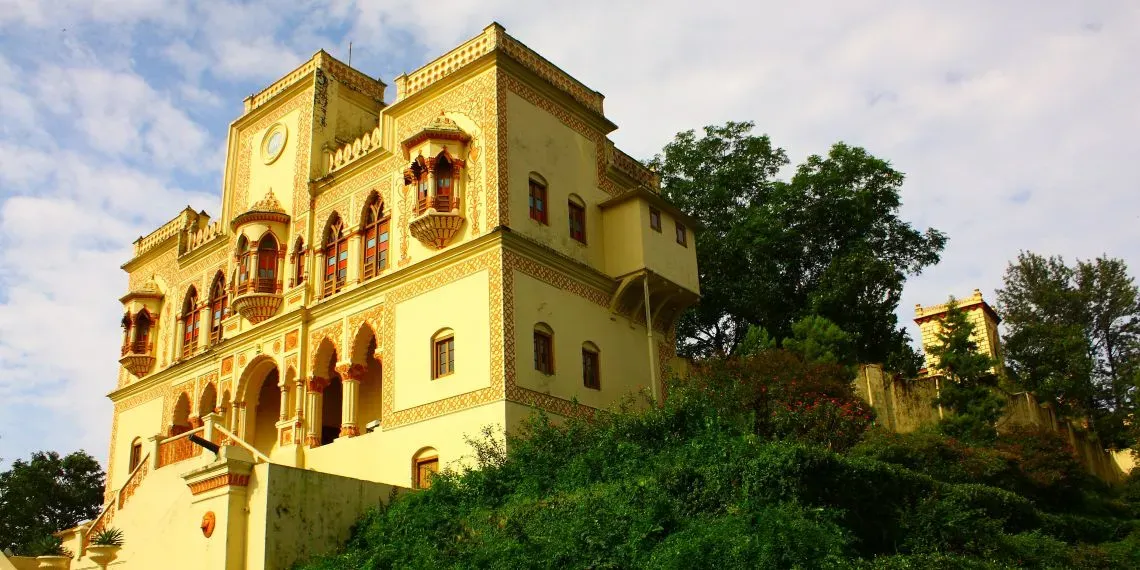
Choose from three powerful detox paths—Ayurvedic, holistic or yogic—each restoring balance, energy, and clarity. A deep cleanse for body and mind, tailored to your needs and rooted in ancient healing
What is Panchakarma
Panchakarma is a traditional Ayurvedic therapy that involves a series of cleansing and rejuvenating treatments for body and mind. The Ayurveda panchakarma treatments boost the body’s immune system. The word ‘Panchakarma’ comes from the Sanskrit language and means ‘five actions’ or ‘five treatments’. A panchakarma cleanses your body in five ways. The main aspects are oil massages, medicinal sweating and cleansing the colon and frontal sinuses (eyes and mucous membranes of the nose). These Ayurvedic treatments complement one another completely, and lead to a deep and long-lasting bodily cleanse. The outcome is a body-mind balance that creates a sense of harmony and renewed energy. Before undergoing Panchakarma, you are diagnosed by an Ayurvedic doctor to determine your dosha (energies) balance and identify any imbalances that need to be addressed. Based on this evaluation, a personalized treatment plan is created that includes one or more of the Panchakarma therapies for a deep cleanse. During the therapy, you will follow a specific diet to support the cleansing process.
These five ways to cleanse, remove toxins and impurities from the body and restore balance to the doshas (energies). Panchakarma is a highly individualized treatment that is tailored to each person's unique constitution and health needs. It is usually conducted over a minimum of 2 weeks to several weeks and is typically performed under the guidance of an Ayurvedic doctor.
Scientists research Panchakarma
Panchakarma is great for anyone! It is natural and works with herbs, healthy (vegan) food and treatments. It has a holistic approach to body and mind. You can follow a panchakarma for therapeutic or medical reasons. Are you healthy and you want to stay that way? A panchakarma is great for prevention too.
New scientific research has shown that traditional panchakarma Ayurvedic therapy eliminates toxins present in the blood stream. Scientific research conducted by Dr Waldschütz: ’Veränderungen physiologischer und psychischer Parameter durch eine ayurvedische Reinigingskur’, Erfahrungsheilkunde 4 (1999), S. 239 – 248), also confirmed that levels of cholesterol in the blood fall.
The best places for Ayurveda holidays
There are many great places around the world to go for an Ayurveda holiday, where you can experience authentic Ayurvedic treatments and therapies in a beautiful and peaceful environment. The best place to go for an Ayurveda holiday depends on your personal preferences and budget. It's important to do your research and choose a reputable center or resort that offers authentic Ayurvedic treatments and therapies. The Wellbeing Experts at Puurenkuur can advice you which Ayurveda resort suits your personal needs and goals. We have been in all the hotels and resorts we offer and can advice you in detail.
- Kerala, India: Kerala is the birthplace of Ayurveda and is home to many Ayurvedic centers and resorts. The tranquil backwaters and scenic beaches make it an ideal destination for an Ayurveda holiday.
- Sri Lanka: Sri Lanka is another popular destination for Ayurveda holidays, with many Ayurvedic retreats and wellness centers offering a range of treatments and therapies.
- Thailand: Thailand is well-known for its traditional Thai massage, but it also offers a range of Ayurvedic treatments and therapies at wellness centers and resorts throughout the country.
- Europe: Ayurveda is becoming increasingly popular in western countries as people seek out more natural and holistic approaches to healthcare. Europe is home to a number of Ayurvedic clinics and Health centers that offer authentic Ayurvedic treatments, a dosha-specific diet and daily yoga and meditation. You will find specialized Ayurveda hotels in Germany, Austria, Madeira, Spain, Slovenia etc in a serene and tranquil setting. The hotels source the knowledge, experience and products (and sometimes even the Ayurveda practitioners and therapists) from India or Sri Lanka.
What to expect on an Ayurveda day
A typical day in Ayurveda can vary, depending on the individual's specific health needs and goals and the Ayurvedic program you are following. However, there are certain practices that are common in Ayurvedic daily routines, known as Dinacharya. A typical Ayurveda day usually begins with yoga and ends with meditation. Ayurvedic meals are mostly vegetarian (only sometimes with chicken or fish once or twice a week). An Ayurveda program isn’t only limited to massages and treatments, but also includes nutrition, herbs, health products, yoga, meditation, readings, workshops and other activities.
Here is an example of a typical day in Ayurveda:
- Rise early: Ayurveda recommends waking up early, ideally before sunrise, to align with the body's natural circadian rhythms and promote good health.
- Tongue scraping: One of the first practices upon waking is to scrape the tongue with a tongue scraper to remove any toxins that may have accumulated overnight.
- Drinking warm water: Drinking a glass of warm water is recommended to help flush out toxins from the body and promote digestion.
- Yoga or exercise: Engaging in yoga or other forms of exercise helps to promote physical and mental wellbeing and can be tailored to an individual's specific needs.
- Breakfast: Ayurveda recommends a nourishing breakfast, such as warm oatmeal or a vegetable omelet, that is easy to digest and provides sustained energy throughout the day.
- Ayurveda personalized treatment plan: Ayurveda treatments will be scheduled in the morning, sometimes in the afternoon. The Ayurvedic doctor will assess the imbalances in the doshas by using various diagnostic tools including pulse diagnosis, tongue examination and assessment of the individual's overall physical and emotional state. Based on this assessment, the Ayurvedic doctor will develop a personalized treatment plan that include a day-to-day treatment plan, dietary suggestions, herbal remedies, lifestyle modifications and other Ayurvedic therapies. In addition to providing the personalized treatment plan, the Ayurvedic doctors may also offer guidance on diet and lifestyle modifications to promote optimal health and wellbeing. They may also provide education on Ayurvedic principles and practices to empower individuals to take an active role in their own health and wellness.
- Lunch: Ayurveda recommends a nourishing lunch that is the main meal of the day, consisting of a variety of whole grains, vegetables, and protein sources.
- Rest and relaxation: Taking time to rest and relax in the afternoon is an important part of Ayurvedic daily routine, which can include meditation, reading, or taking a nap.
- Light dinner: Ayurveda recommends a light dinner that is easy to digest, such as soup or steamed vegetables, to avoid overburdening the digestive system.
- Bedtime routine: An Ayurvedic bedtime routine may include practices such as oiling the feet, taking a warm bath or reading a book to promote relaxation and restful sleep.
Typical Ayurveda treatments
Ayurveda offers a wide range of treatments that are tailored to an individual's specific health needs and imbalances. In Ayurveda treatments, the therapists use a lot of warm oils with herbs that are rubbed pretty much all over the body. The herbs are absorbed into the skin through the oil. The specific treatments recommended will vary based on an individual's unique health needs and imbalances, and should be customized by an experienced Ayurvedic doctor.
We listed the following Ayurvedic treatments.
- Abhyanga: A full-body massage with warm oil that promotes relaxation, improves circulation, and nourishes the skin.
- Shirodhara: A therapy where warm oil is poured in a continuous stream onto the forehead, which helps to calm the mind and nervous system. We also call this pouring oil on the ‘third eye’.
- Basti: An herbal enema that is used to promote elimination of toxins from the colon and improve digestion.
- Nasya: A therapy where herbal oil is poured through the nostrils to treat respiratory and sinus conditions.
- Udvartana: A massage with herbal powders that is used to promote weight loss, improve circulation, and reduce cellulite.
- Netra Tarpana: Warm ghee is poured into the eyes to improve vision, reduce eye strain, and relieve dry eyes.
- Kati Basti: Warm herbal oil is held in a dough dam on the lower back to relieve pain and tension in the lumbar region.
- Shiro Abhyanga: A head and scalp massage with warm oil that promotes relaxation, relieves tension headaches, and nourishes the hair and scalp.
- Marma therapy: A gentle massage of the body's energy points, which can help to release emotional blockages and promote overall wellbeing.
- Sound therapy: Ayurvedic practitioners may use sound therapy, such as chanting, singing bowls, or tuning forks, to balance the doshas and promote relaxation.
- Ayurvedic facials: A facial treatment that uses herbal ingredients to nourish and rejuvenate the skin, promote circulation, and reduce inflammation.
- Herbal remedies: Ayurvedic practitioners may prescribe herbal remedies, which can include teas, tinctures, powders, and tablets, to address specific health concerns and imbalances.
- Diet and lifestyle modifications: Ayurveda places great emphasis on diet and lifestyle modifications to promote optimal health and wellbeing. Ayurvedic practitioners may offer guidance on diet, exercise, and other lifestyle modifications to support an individual's specific health needs and imbalances.
- Yoga and meditation: Ayurveda recognizes the mind-body connection and the importance of incorporating practices that promote mental and emotional wellbeing. Yoga and meditation are often recommended as part of an Ayurvedic treatment plan to promote relaxation, reduce stress, and improve overall health and wellbeing.
Ayurvedic treatments are designed to promote balance, restore health, and prevent disease. The specific treatments recommended will vary based on an individual's unique health needs and imbalances.
Which Dosha type are you: Vata, Pitta or Kahpa?
In Ayurveda, the doshas are three fundamental life energies that govern all biological processes within the human body and mind. According to the Ayurvedic philosophy, from birth, we all have a unique balance of the three Dosha types. This balance is reflected in a person’s body shape, immune system, character traits and behaviour. The three doshas are: Vata, Pitta and Kahpa. Every one of us is different and has a different balance of these three energies. If everything was perfect, all three energies are equally balanced. If one of the three doshas is dominant, physical or mental issues will develop. An Ayurveda program is designed to rebalance the three doshas.
- Vata: The Vata dosha is associated with movement and is responsible for all movement within the body, including the movement of nerve impulses, blood flow, and digestion. Vata represents impulsiveness. Vatas could be identified by a slight body shape, mobility and a restless mind. People with a predominant Vata dosha tend to be creative, energetic, and quick-thinking, but they may also experience anxiety, dry skin, and digestive issues when the dosha is imbalanced. Vatas are susceptible to experiencing anxiety and stress.
- Pitta: The Pitta dosha is associated with transformation, fire and is responsible for metabolic processes within the body, including digestion, absorption, and assimilation. People with a predominant Pitta dosha tend to be ambitious, focused, demanding, determined, critical and detail-oriented, but they may also experience irritability, inflammation, and digestive issues when the dosha is imbalanced.
- Kapha: The Kapha dosha is associated with stability, structure and is responsible for the body's physical structure, stability, and immunity. People with a predominant Kapha dosha tend to be calm, grounded, respectful, empathic and nurturing, but they may also experience lethargy, weight gain, emotional eating and respiratory issues when the dosha is imbalanced.
It's important to note that everyone has a unique combination of all three doshas, known as their Prakriti or natural constitution. The balance of these doshas can be influenced by various factors such as diet, lifestyle, stress, and environmental factors. An Ayurvedic doctor can help to identify an individual's Prakriti and recommend dietary and lifestyle changes to help balance the doshas and promote overall health and wellbeing.
Read our blog about ‘Ayurveda Types: are you an impulsive Vata, fiery Pitta or a calm Kapha?’
Good to know for your next Ayurveda holiday
- In Ayurveda, it is common that male therapists will treat males, and female therapists will treat females. This is the case in India and Sri Lanka. In Europe, ayurvedaresorts may deviate from this because there is often just one or two Ayurvedic therapists. If, as a woman, your preference is to be treated by a female therapist, please let the ayurvedic doctor know when creating your personalised ayurveda plan.
- Bring your favourite books and magazines. In line with Ayurvedic philosophy, most authentic Ayurveda resorts in India and Sri Lanka do not have TVs or air-conditioning so that you can really relax.
If you have any other questions about Ayurveda or need advice where to find your perfect Ayurveda resort, the Puurenkuur Wellbeing experts are here to help.

 EN
EN NL
NL BE
BE







